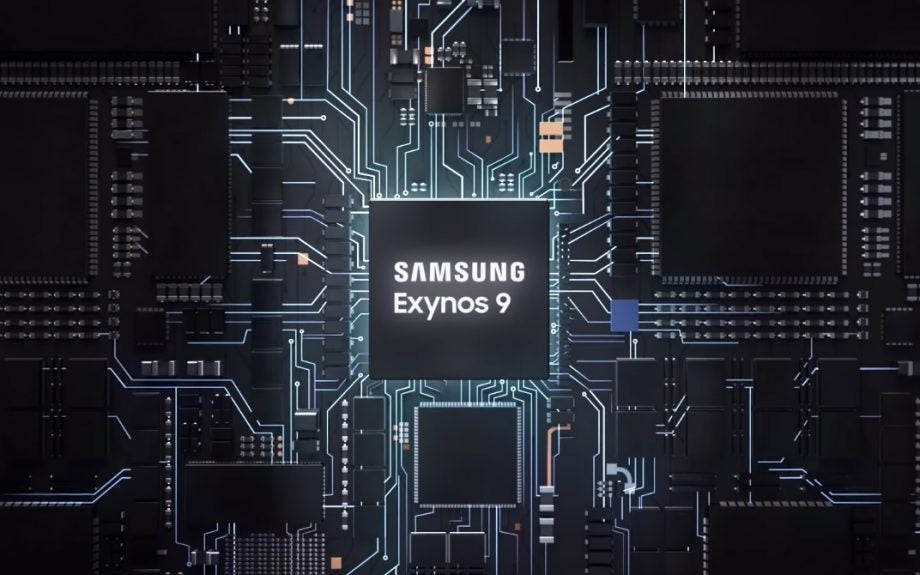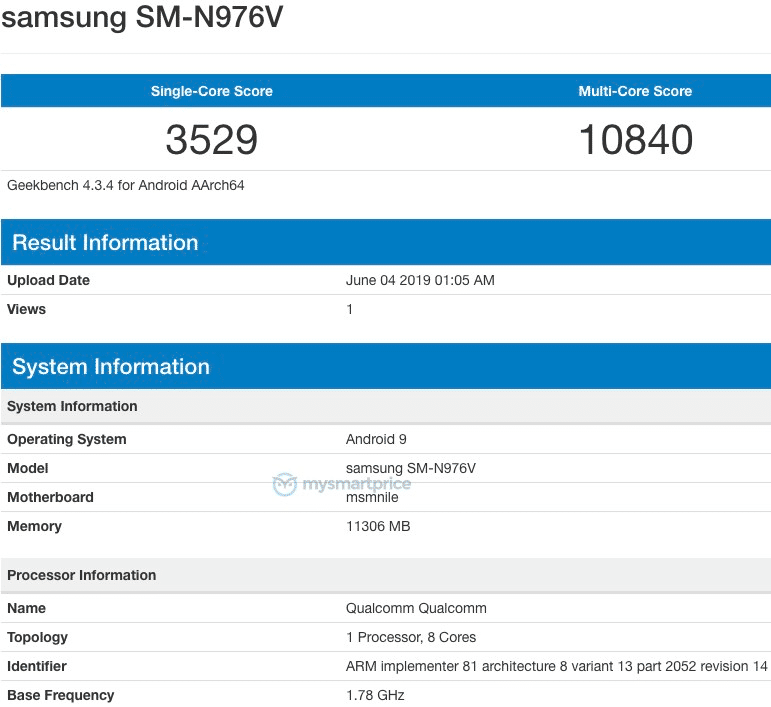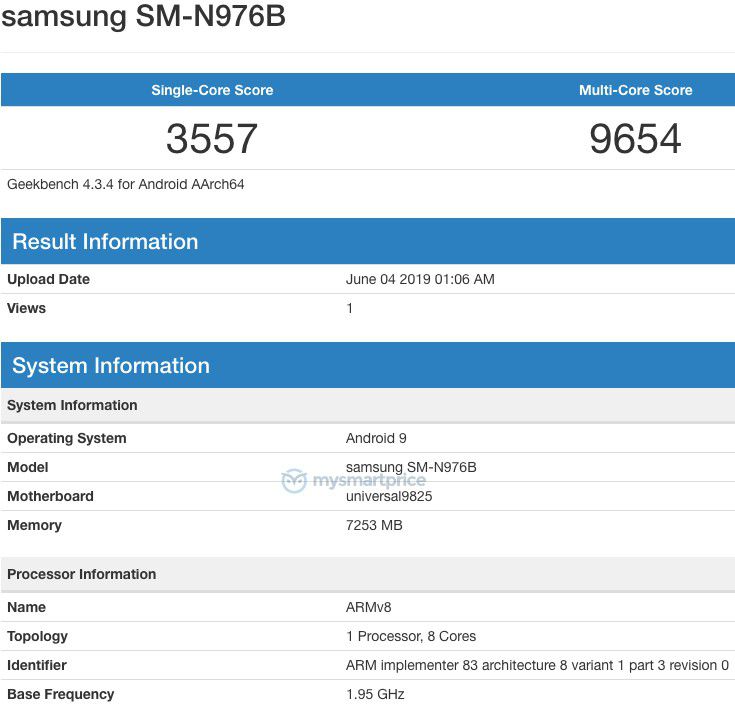Galaxy Note 10 benchmark leak suggests it’ll be seriously powerful

Samsung’s Galaxy Note 10 is gearing up to be a top-notch smartphone to look forward to in the latter half of 2019 and newly-leaked performance benchmarking scores place it alongside the best in the business.
Samsung’s Note series has always been a flagship-class family of devices and the new Geekbench 4 scores, first spotted by MySmartPrice, point to similarly competitive performance on 2019’s upcoming Galaxy Note 10.
- Related: Samsung Galaxy Note 10 – Everything you need to know
Samsung typically uses a mix of Qualcomm’s flagship Snapdragon chipsets and its own brightest Exynos processors in both Galaxy S and Note devices, with one or the other being used based on launch market (for example, US-based Galaxy S/Note devices always use Snapdragon chipsets).

These benchmarking results don’t just let us glean performance but also highlight two distinctly different models of Note 10. Model number SM-N976V employs a Snapdragon 855 processor and a whopping 12GB of RAM, which some believe make this the anticipated 5G variant of the Note 10 destined for US carrier, Verizon.
Model number SM-N976B, meanwhile, is stated as using 8GB of RAM and an Exynos 9825 chipset – an enhanced version of the Exynos 9820 SoC currently powering the Galaxy S10 family. It’s built on a smaller 7nm process, like the Snapdragon 855 (the 9820 uses an 8nm process), which should result in some power efficiency gains, albeit small ones.

As for the benchmark results themselves, the Snapdragon-powered Note 10 scored 3529 in single-core testing and 10840 in multi-core testing, while the Exynos model scored 3557 in single-core testing and 9654 in multi-core testing.
Both land respectable figures that place them amongst the best-scoring rivals there are, trumped only by the likes of the Black Shark 2 (at least in multi-core) and iPhone XS.
In our own tests, the 8GB RAM Galaxy S10 Plus scored 4435 in single-core testing and 9765 in multi-core testing – pretty similar to that of these supposedly superior Note 10 devices. With this in mind, it’s likely that Samsung still has more tweaking to do before the phone’s chipsets are ready for prime time.
In case you were wondering, popular benchmarking app Geekbench pits your phone’s processor up against a series of tasks, some based on real-world use-case scenarios and some, more abstract computational challenges. The faster the phone completes these tests, the higher it scores; spitting out both a single and multi-core performance score.


